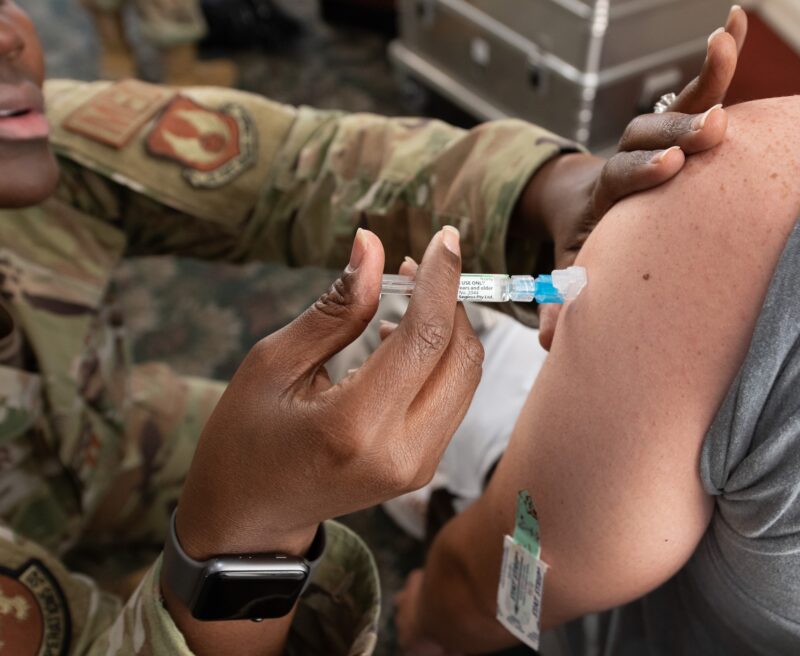Cold and flu season is here again. According to the World Health Organization, there are around a billion cases of seasonal influenza annually.
Symptoms typically present one to four days after infection and usually last about a week. According to the American Lung Association, influenza is a highly contagious respiratory infection while common colds are usually minor infections of the nose and throat caused by more than 200 viruses.
Some key flu symptoms include fever, cough, sore throat, runny/stuffy nose, body aches, fatigue, and vomiting. Both are highly contagious, so here are some ways to make sure you are your healthiest self this cold and flu season.
The single most important way to prevent the spread of infection is washing your hands, especially when visibly soiled. If you are unable to wash your hands, use an alcohol-based hand sanitizer with at least 60% alcohol. Hand washing with soap and water for approximately 20 seconds will remove any germs on your hands and help prevent infection.
Follow these five steps to wash your hands:
- Wet your hands with clean, running water (warm or cold), turn off the tap, and apply soap.
- Lather your hands by rubbing them together with the soap. Lather the backs of your hands, between your fingers, and under your nails.
- Scrub your hands for at least 20 seconds. Need a timer? Hum the “Happy Birthday” song from beginning to end twice.
- Rinse your hands well under clean, running water.
- Dry your hands using a clean towel or air dry them.
Cover your mouth and avoid close contact, when possible. Avoid touching your eyes, mouth, and nose as the flu can be spread through the air and enter your body through your mouth or nose from infected persons or contaminated surfaces. Clean common spaces and supplies regularly to protect yourself and those around you. While many of us still telework, it is important to practice these habits while at home and in person. Learn more about your employer’s safety procedures if an outbreak of flu or another illness occurs. If you begin to feel sick while at work, go home as soon as possible.
The Center for Disease Control states the best way to protect against the flu virus is by getting vaccinated. The flu vaccine may prevent you from getting sick with the flu, reduce the severity of illness (for those who are vaccinated but still experience symptoms), and may be lifesaving to individuals you encounter such as children or those who may be considered high-risk. Despite the numerous benefits the vaccine provides, only about half of Americans get their annual flu vaccination.
As the flu virus is constantly changing, flu vaccines may be updated from one season to the next to protect against the most recent strain. As your protection from the vaccine declines over time, it is important to stay up to date with the most recent version.
CHPS offers a wide variety of health education topics both in-person and virtually such as colds and flu, nutrition, physical activity, stress management, and more. For more information, call 883-8024.










